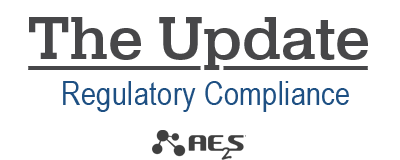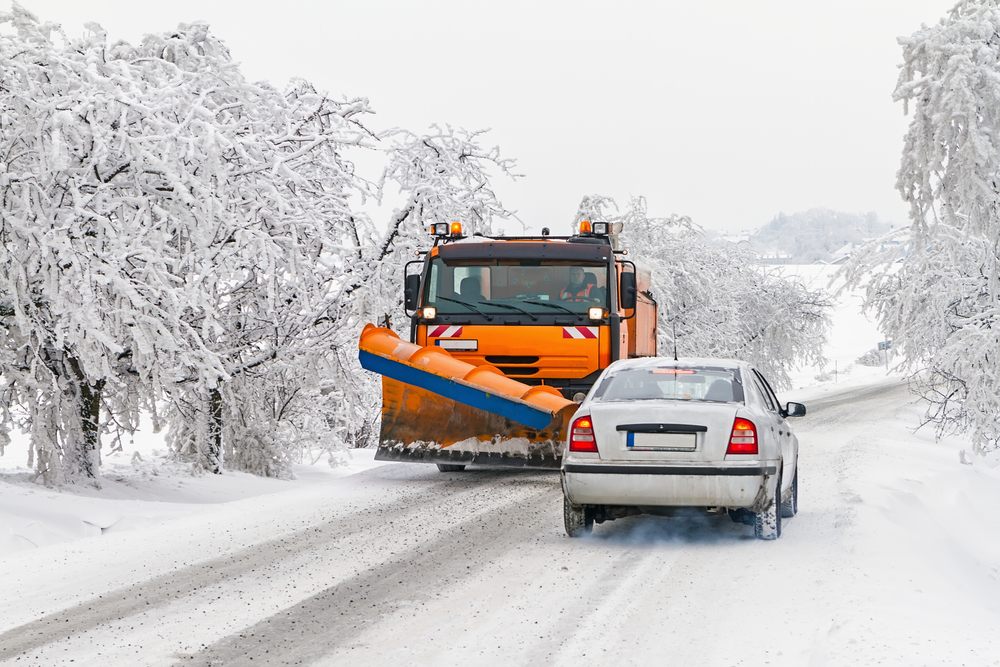Winter is approaching and icy roads are likely in parts of the country. In many areas, that means laying sand or salt on roadways. The Minnesota Pollution Control Agency (MPCA) Municipal Separate Storm Sewer System (MS4) General Permit will be reissued on November 16, 2020. Minnesota communities need to be aware of some new requirements aimed at reducing chloride pollution in the reissued MS4 General Permit, including:
- Community outreach and education about the environmental harm posed by deicing salt use.
- Implement a written snow and ice management policy, and require training, for those performing winter maintenance activities for the permittee.
- Proper de-icing salt storage practices.
- Some permittees must also conduct an annual winter maintenance operations assessment to assist in identifying de-icing salt reduction opportunities on permittee owned/operated surfaces. The MPCA Stormwater Wiki offers guidance on requirements for permittees that have an applicable wasteload allocation (WLA) for chloride and meeting chloride TMDL permit requirements.
MPCA says one way for permittees to meet some of the new requirements is to utilize the MPCA Smart Salting Certification Trainings, which offer practical and technical information on how to implement best management practices, and salt storage practices. The document also provides resources for community education. There are four smart salting training opportunities in Roads, Parking Lots & Sidewalks, Property Management and the MPCA Level 2 Smart Salting Assessment tool (SSAt).
Questions about the Smart Salting Certification Trainings can be sent to [email protected]. The MPCA Water permit holders and chloride webpage offers a more detailed summary of all chloride related requirements. For more information about the MS4 General Permit reissuance, visit the MPCA municipal stormwater webpage. If you have additional questions about the new chloride-related permit requirements, contact Cole Landgraf, MPCA Pollution Control Specialist.

